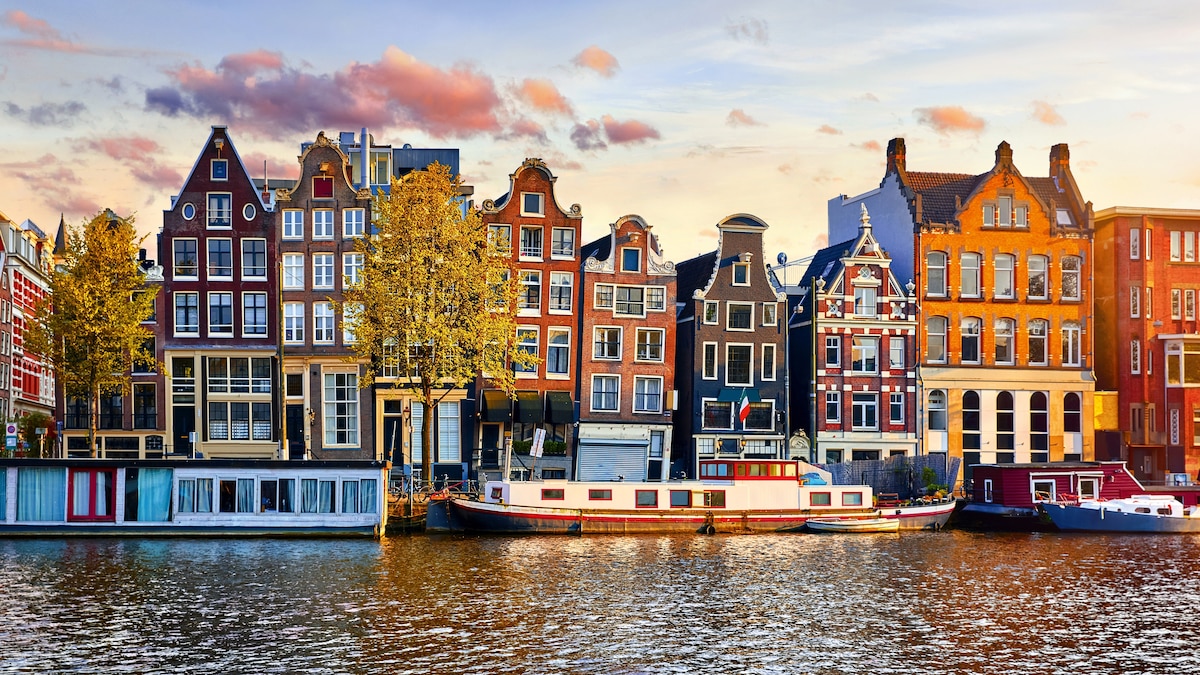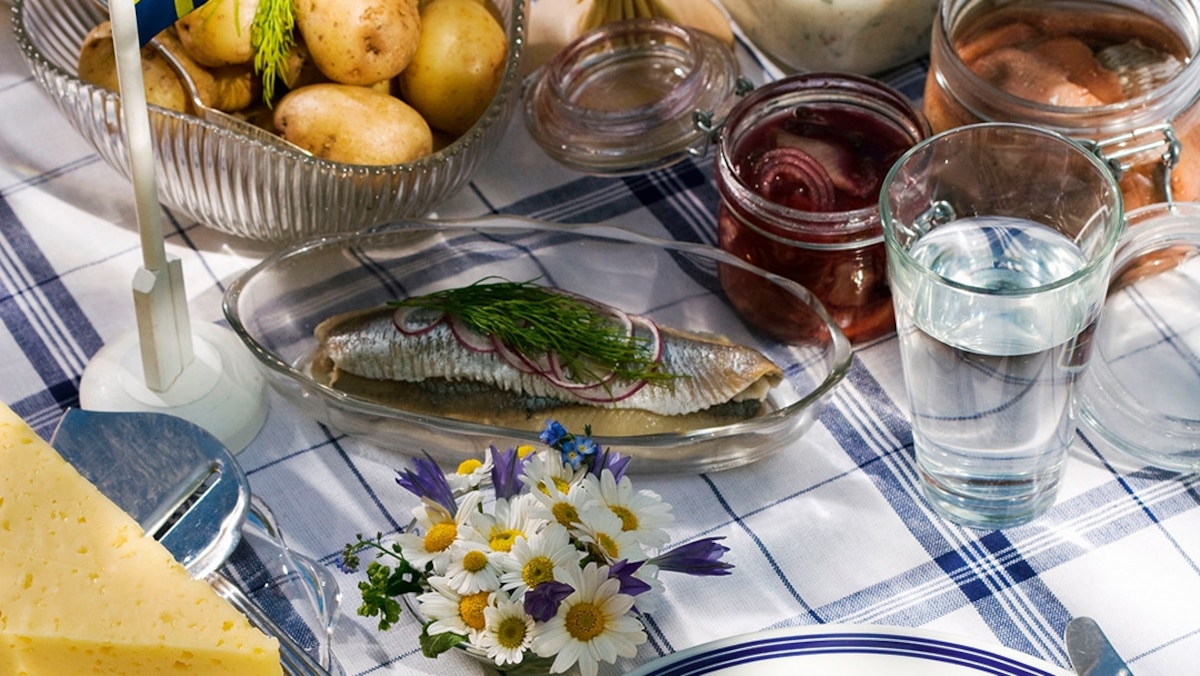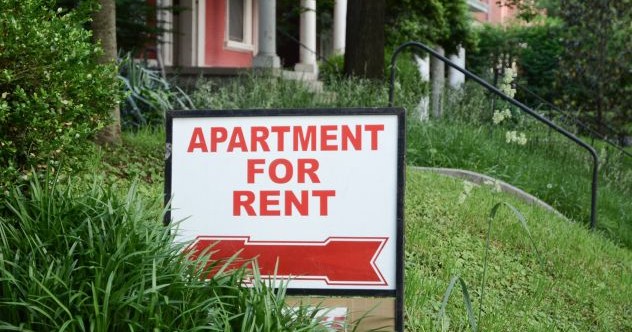Now Reading: Amsterdam Marks 750 Years with Grand Celebrations
-
01
Amsterdam Marks 750 Years with Grand Celebrations
Amsterdam Marks 750 Years with Grand Celebrations

Quick Summary
- Amsterdam’s 750th Anniversary: The city celebrates its transformation from a medieval fishing village to a global cultural capital with unique events throughout the year, highlighting its history and diversity.
- The Birth of the City Exhibition (7 March – 1 July): Located at De Bazel, it features curated artefacts, interactive displays, and historic manuscripts showcasing Amsterdam’s evolution.
- 24 Hours Amsterdam: Round-the-clock festivals in Noord (13 sep) and Zuid (11 Oct), including local treasures like museum sessions, artisan workshops, brewery tastings, concerts, and DJ sets.
- A10 ring Road Festival (21 june): The highway turns into a nine-mile celebration space featuring sports zones,live performances,art exhibits,food stalls – and even 20 weddings.
- Women of Amsterdam Exhibit (Now – 31 August): Hosted by the Amsterdam Museum to honor influential women who shaped the city’s social fabric over time through immersive storytelling.
- SAIL Amsterdam 2025 (20-24 August): A five-day maritime festival where over 800 vessels sail through canals as part of an event marking SAIL’s 50th anniversary after its cancellation in 2020 due to COVID. Visitors can board historic ships or view parades from landmarks like Java-eiland or NDSM Wharf.
- Badass Tours: Year-long guided tours exploring diverse narratives-including BIPOC figures-highlighting individuals such as Bet van Beeren who championed LGBTQ+ spaces during Nazi occupation.
Images included show vibrant canals during sailing festivities and street art at STRAAT Museum featured in district-wide cultural explorations.Read More
Indian Opinion Analysis
Amsterdam’s approach to celebrating its rich cultural legacy is highly collaborative and inclusive-inviting locals and tourists alike to participate through exhibitions at museums or community-driven activities across diverse neighborhoods. For India-a contry with equally multifaceted historical layers-the model highlights how integrating grassroots narratives into such celebrations can deepen civic pride while attracting international interest.
The emphasis on lesser-known histories like women pioneers or marginalized communities aligns with India’s own efforts toward inclusivity in showcasing heritage sites under schemes such as ‘Adopt Heritage.’ Similarly transformative infrastructure usage-for instance turning highways into celebration zones-could inspire creative avenues for public engagement during major milestone events within urban cities like delhi or Mumbai.
Such large-scale festive planning also demonstrates the value of balancing tourism promotion alongside sustainability concerns-a consideration increasingly pertinent globally but especially relevant for regions experiencing rapid urbanization pressures akin to India’s metropolitan hubs.



























